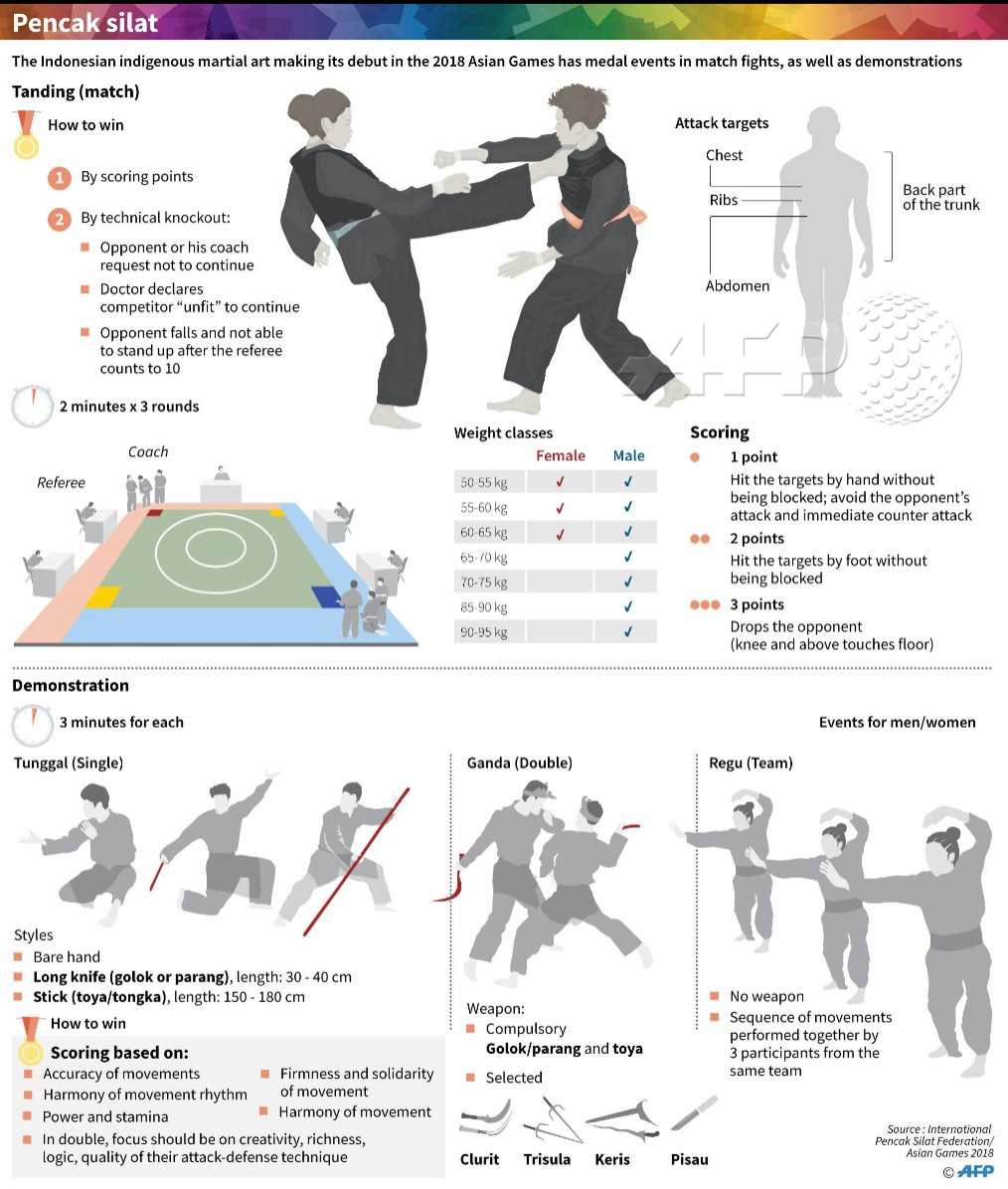The History And Philosophy Of Martial Arts: A Deep Dive
The History And Philosophy Of Martial Arts: A Deep Dive
Blog Article
Authored By-Ryberg Patterson
Enter the ancient world where martial arts were substantiated of necessity in varied regions. Cultures crafted special battling designs linked with historical contexts. Techniques advanced over centuries with committed method and cultural exchanges. Today, contemporary martial arts mix typical components for optimal efficiency. Philosophically, martial arts stress technique, self-improvement, and harmony. Regard, humbleness, and equilibrium are fundamental principles leading specialists in the direction of development and durability. Discover the depths of this abundant history and ideology to discover the extensive influences shaping this long-lasting discipline.
Origins of Fighting Style
Martial arts came from numerous regions worldwide, advancing as useful battle systems to prevent hazards. These old fighting styles were developed out of necessity, with each culture crafting strategies matched to their distinct atmospheres and difficulties. From the grappling arts of Jujutsu in Japan to the striking strategies of Kung Fu in China, martial arts were deeply intertwined with the historic, social, and cultural material of their particular societies.
In Japan, the samurai class refined martial arts like Kenjutsu, the art of the sword, which later evolved right into the a lot more popularized type of Kendo. At the same time, in Brazil, Capoeira emerged as a mix of dancing and battle, created by enslaved Africans as a way to stand up to injustice. Each fighting style brings with it a rich history and ideology, reflecting the values and beliefs of individuals that exercised them.
As you explore the beginnings of martial arts, you reveal a tapestry of human ingenuity, resilience, and the unyielding spirit of warriors throughout time.
Evolution of Techniques
With centuries of practice and refinement, combat methods within numerous martial arts have actually undertaken a profound advancement. From ancient designs like Kung Fu and Karate to a lot more modern-day disciplines such as Brazilian Jiu-Jitsu and Krav Maga, the advancement of techniques has actually been driven by a combination of cultural influences, functional applications, and technological innovations.
One significant element of this evolution is the cross-pollination of techniques in between different martial arts. For example, techniques from standard Japanese Jiu-Jitsu were integrated right into the development of Judo by Jigoro Kano in the late 19th century. This blending of styles has led to the advancement of hybrid martial arts like Mixed Martial Arts (MIXED MARTIAL ARTS), which combine aspects of striking, grappling, and submission techniques.
Furthermore, the advancement of methods has been formed by the increasing focus on effectiveness and performance in battle. Practitioners have actually constantly sought to fine-tune their techniques via rigorous training, testing, and competition, resulting in the development of extremely specialized and effective combating designs. In general, the advancement of methods in martial arts mirrors the dynamic nature of combat and the ongoing quest for improvement and technology.
Philosophical Structures
Exploring the underlying philosophical concepts of martial arts gives insight right into their core worths and assisting beliefs. At click the up coming web page of many martial arts self-controls is the principle of discipline itself. By educating your mind and body to act as one cohesive system, you cultivate self-control that expands beyond the dojo or health club into everyday life. https://martialartsforkidswithaut32086.dailyblogzz.com/27009286/vital-skills-every-martial-musician-need-to-master incorporates regard, humility, and self-discipline, forming not simply your physical abilities but additionally your personality.
An additional basic philosophical foundation in martial arts is the idea of constant self-improvement. The trip of mastering a martial art is endless, with specialists continuously striving to far better themselves, both physically and psychologically. This concentrate on growth fosters strength, willpower, and a growth attitude that can be put on all elements of life.
In addition, martial arts highlight the importance of consistency and equilibrium. Techniques are developed to make use of a challenger's energy versus them, highlighting the principle of generating and redirecting pressure as opposed to fulfilling it head-on. This viewpoint extends to social connections, advertising tranquil resolutions and good understanding. By welcoming these philosophical foundations, martial artists not just enhance their fight skills however also grow a way of life centered on personal development, respect, and harmony.
Verdict
In conclusion, the history and ideology of martial arts provide an abundant tapestry of tradition, self-control, and self-improvement.
Consider example the tale of Bruce Lee, that transformed martial arts by blending various designs and ideologies to create his very own unique form of Jeet Kune Do.
With dedication and advancement, martial musicians continue to press limits and influence others to reach their full capacity both in combat and in life.
